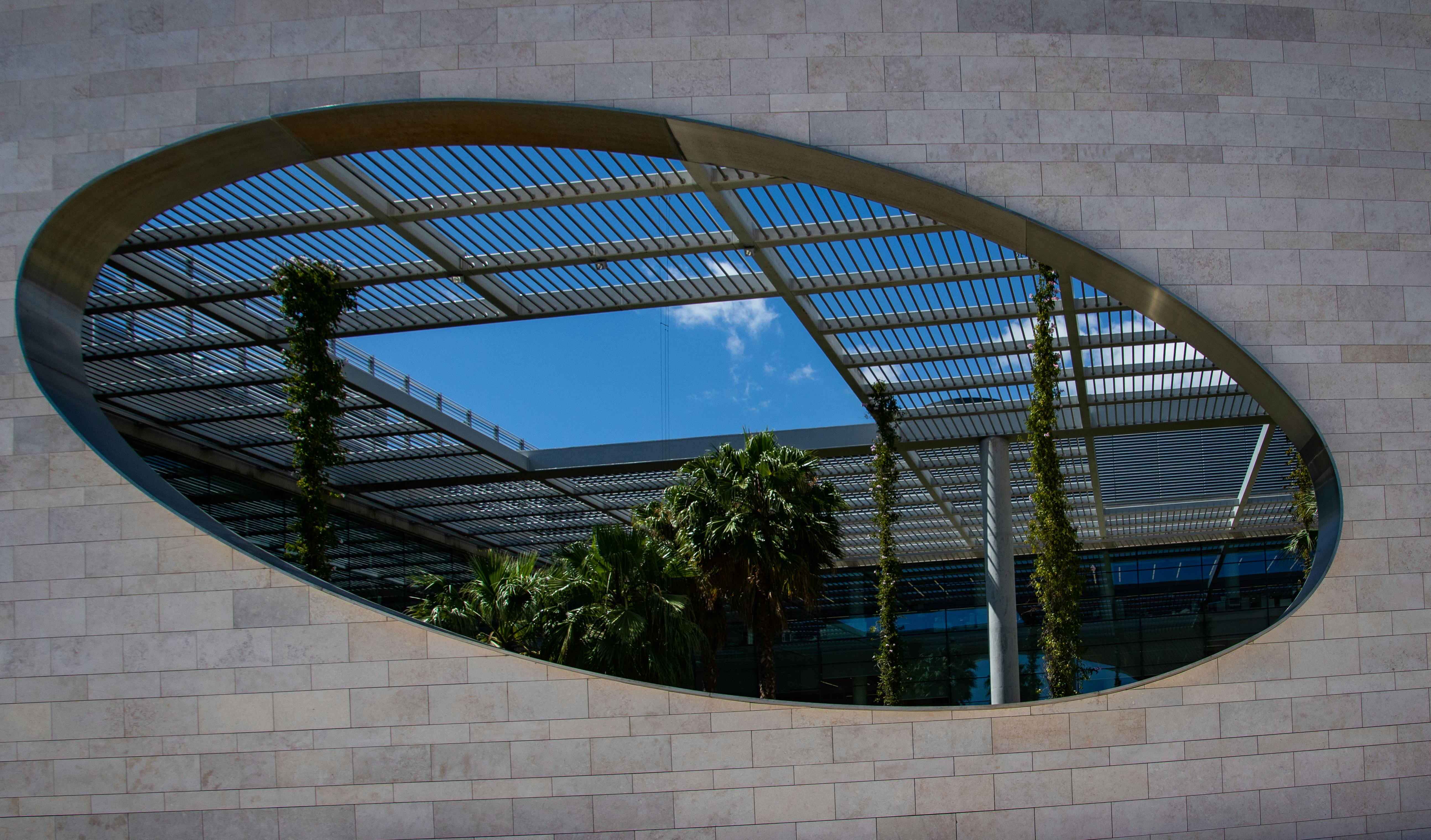Duct Tape – Myth: Duct tape is good for sealing heating ducts. Actually sealing the ducts with caulk or metal tape is the answer because the heat from the ducts dries the duct tape and eventually stops sticking to the ducts.
Lights, computers, appliances – Myth: Leave them on and you will use less energy than if you repeatedly turn them on and off. The small power surge created by turning on lights, computers, and appliances consumes less power than running the device when it’s not needed. Of course, use power management software for your computer and turn off the lights when you leave the room.
Fluorescent lights – Myth: Fluorescent lighting is unhealthy – Claims that fluorescent lights “sap people’s energy” have no merit. Today’s lights have improved color quality and flicker and hum have been eliminated.
Refrigerator Coils – Myth: Cleaning refrigerator coils saves energy; in most cases, this has no measurable effect on energy conservation.
Appliances – Myth: Appliances that are “off” are actually “off.” There are several devices that sometimes consume as much power “off” as when they are “on”. Products such as computers, VCRs, phone chargers, etc. they cannot be turned off completely unless unplugged. These products use “standby” power 24 hours a day.
Windows and Doors – Myth: Installing new windows will dramatically lower your energy costs. Windows and doors are less of an air leakage problem than most people realize. Most existing homes have hidden air leaks in the floor, ceiling, and wall cavities that greatly overshadow leaks around windows and doors. Exceptions to this generalization are old windows or doors that have been neglected or improperly installed. Compare this to sealing the supply and return registers of a hot air heating system or insulating walls with dense cellulose which often reduces air leaks by 15-30%.
Boilers and Furnaces – Myth: When replacing old units, install a device that has more capacity to save energy and get faster results. Newer Energy Star devices are much more efficient. New units are often oversized for the application. So when shopping for an Energy Star device, consider buying a smaller one.
Air Conditioners – Myth: Buying a larger room AC unit will make you feel more comfortable. A room air conditioner that is too large for the area it is supposed to cool will work less efficiently and less effectively than a properly sized unit. This is because room units work better if they run for relatively long periods of time than if they are turned on and off continuously. Longer run times allow air conditioners to maintain a more constant room temperature. Air conditioners that carry the Energy Star label can be twice as efficient as some existing systems.
R-Value – Myth: All insulation materials of the same R-value perform equally. While insulations of equal R-value work in the same way under controlled laboratory conditions, not all maintain the same R-value on the walls and ceilings of a home. Some “exhaust gases” over time, so they decrease in thickness and efficiency. If there are air gaps between the insulation and other building materials, the effective R-value of the insulation can be reduced by up to 50% of the nominal maximum R-value of a product.
Halogen lighting – Myth: Halogen lighting is super efficient. While halogen lights use slightly less energy than standard incandescent bulbs, many halogens require transformers that can use additional power, even when the light is off. They also tend to generate a great deal of heat, which can increase the home’s cooling load during hot weather. Halogens can also pose a serious fire hazard. In comparison, compact fluorescent lights are almost 3 times more efficient.
Electrical efficiency – Myth: Energy efficiency and energy conservation are the same thing. Energy efficiency means doing the same work with less energy. On the other hand, conserving energy means reducing the level of services, such as reducing lighting, lowering the temperature of your water heater setting, etc.
Electric heating – Myth: Electric heating is more efficient than fuel heating. Although most of the electricity that goes into an electric heater is transformed into useful heat, producing the electricity is an inefficient process. In the process, up to two-thirds of the input energy is lost to generate electricity. This is the reason why electricity is usually much more expensive for the consumer than direct fuels.
Peter Ottowitz, Certified Master Inspector, New World Home Inspections and Energy Audits




